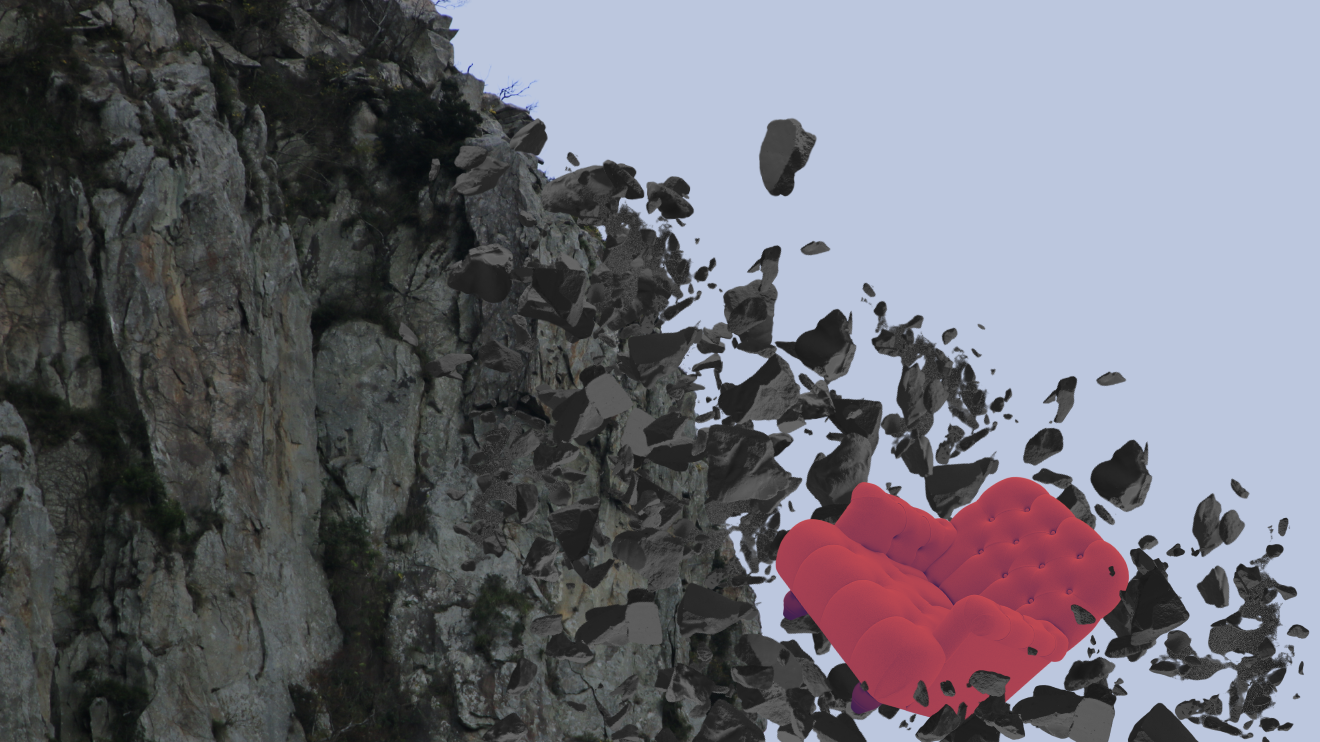🗝️ Sanity Classics: How to survive mental health's civil war
Is therapy culture making us sick?

About one in three adolescents in the US received medical and professional services for treating mental disorders last year.
In India, student suicides have outpaced suicides in the general population.
Between 2020 and 2022, 39% of Australians aged 16 to 24 had a mental disorder in the previous year, compared to 26% in 2007.
Globally, over a third of young people say they frequently experience worry, anxiety, or nervousness.
Nick Haslam, a psychology professor at the University of Melbourne, recently distilled two accounts behind these alarming numbers. First, the 'cruel world' narrative, according to which young people are distressed because the world is in bad shape and getting worse.
The alternative is what he calls the 'cultural trend': Young people are experiencing more mental illness not primarily because the world is grim and getting grimmer, but because cultural shifts have shaped how they perceive and inhabit it.
"This narrative suggests a culture preoccupied with harm creates vulnerability and leads people to view life problems through a psychiatric lens. Adversity and social dislocation undoubtedly contribute to young people’s distress, but the way therapeutic culture frames their suffering makes it worse."
Here's what that often sounds like in the real world 👇

We are in the middle of a civil war around the rise of therapy culture - a mostly pejorative term used to describe our allegedly uncontrolled adoption of language and behaviours that cue mental ill health.
Some see this as a legitimate expression of our collective distress in a world ravaged by conflict, climate change, and economic uncertainty.
Others claim that therapy culture pathologises everyday struggles and is in fact responsible for the growing burden of mental illness, especially among young people.
The truth, as I explored in one of the year's most popular pieces, is a lot more nuanced and requires us to suspend judgment. Here, I specifically address the (over) use of words like 'trauma' and 'triggered' and show why we cannot make progress without allowing for this period of unavoidable chaos, even though this seeming corruption might make us angry.
The rise of therapy culture has riven us right down the middle. As if we weren't polarised enough already about everything under the sun, now a lot of us are angry that the mental health conversation has swung disturbingly from one ledge to another – from deathly stigma and silence not so long ago...
... to a pop-culture orgy where therapy-speak like 'boundary', 'triggering', 'attachment style', and 'toxic' flows vulgarly off our tongues. Identifying with mental health conditions has been 'normalised' to the absurd degree that words like 'depression' and 'trauma' no longer mean anything.
Others dismiss this as pointless moral panic and gatekeeping. Everyone has the right to assert their lived experience in their own way, they argue. If your nose feels threatened by my swinging arms, know that I am only exercising and don't mean to attack you. If you are still bothered, feel free to remove your nose from my arc.
If you feel discombobulated and scared to open your mouth lest you say something wrong (here's a good example of how complex and hairy this debate is), I see you. (Darn. how did we say 'I understand' before we learnt to say 'I see you'?) I have a hard time trusting anyone who claims to get it right all the time – whatever right means. In that spirit, let's unpack the kerfuffle around the overuse of mental health terms, and search for a helpful lens that offers clarity instead of confusion.
The two camps
For starters, remember that what's happening now isn't new. In the 1970s and 80s, there was equal consternation over the rise of 'psychobabble'. Still, the current, swift turnaround in public mood around open airing of psychological language can feel dizzying and disorienting. Like one moment you are starving, and the next moment your belly is so painfully full and distended that the idea of food itself disgusts you.
Those aggravated by the infestation of therapy-speak make three broad arguments:





